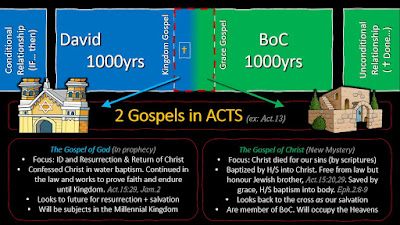Doctrine and Discernment (Intro): Balancing the Word
Holding Truth and Heart Together
Truth matters. Grace matters. But too often, believers lean hard in one direction—either guarding doctrine with such precision that they forget the people it's meant to serve, or embracing relational kindness so freely that biblical clarity gets blurred. This series is an invitation to walk in both. Not one or the other. Both.
In Part 1, we’ll meet the Bereans of Acts 17:11—known not for their credentials, but for their consistency. They tested everything by the Word, daily and with care. It’s a picture of objective discernment, where conviction is built on Scripture, not assumption.
In Part 2, we’ll step into the tenderness of Romans 14, where Paul urges believers not to quarrel over disputable matters. Instead, he teaches us to honor the conscience, walk gently with the weak, and build each other up in love. It’s not compromise—it’s compassion.
Then in Part 3, we’ll bring it all together. Because maturity isn’t found in choosing between truth and heart—it’s found when we let Scripture shape both. That kind of balance produces believers who hold fast to what’s right but walk gently with those still growing.
In the next post we’ll start things off by walking alongside the Bereans in Acts 17—ordinary believers who searched the Scriptures daily with focus and humility. But this isn’t just about studying with precision. It’s about learning how clear doctrine can shape our love and deepen our walk with others. If you’ve ever wondered how to hold firm to truth while staying soft toward people, Part 1 will steady your convictions and stir your heart.














